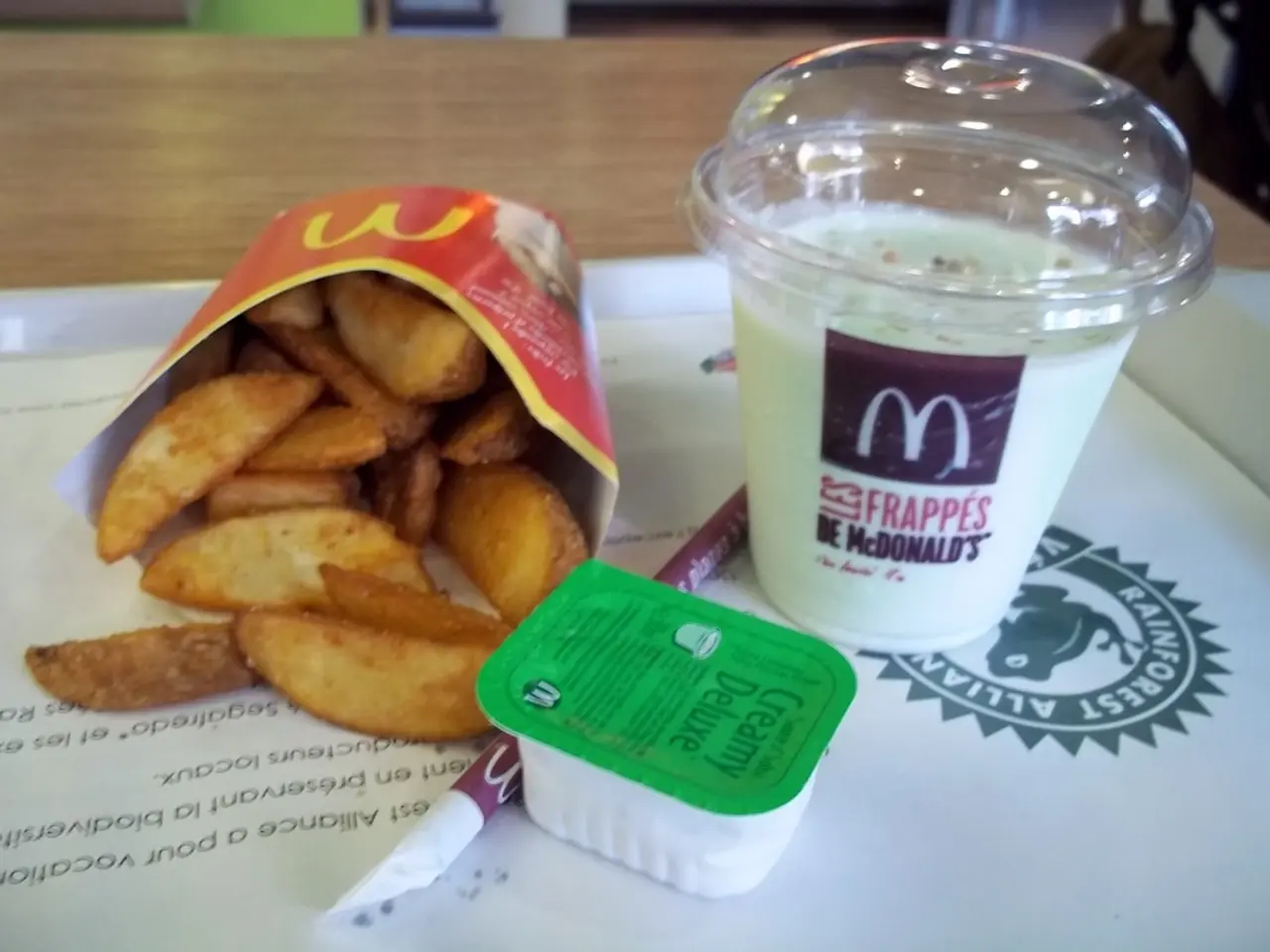Nursing Mother's Nutrition: Essential Eating Guidelines
Optimising Your Breastfeeding Diet: A Guide for New Mothers
Breastfeeding is a unique and rewarding experience, but it also requires careful attention to your diet to ensure you and your baby receive the necessary nutrients. Here's a breakdown of the key nutrients and food sources to focus on for a balanced and nutrient-rich breastfeeding diet.
Key Nutrients and Their Food Sources
- Protein: Essential for tissue healing and milk synthesis. Opt for eggs, fish, poultry, lean meat, dairy (like Greek yogurt), beans, lentils, nuts, and seeds such as almonds and flaxseeds.
- Calcium and Vitamin D: Important for bone health and milk calcium content. Include Greek yogurt, dairy products, leafy greens, and fortified foods.
- Iron: Supports maternal energy and replenishes stores after delivery. Choose lentils, beans, lean meats, and leafy greens.
- Whole Grains: Provide slow-release energy to meet the increased calorie demands of breastfeeding. Examples include oats, brown rice, and whole wheat bread.
- Healthy Fats: Include nuts, seeds, and fatty fish (low in mercury) to support brain health for mother and baby.
- Fruits and Vegetables: Offer fiber, vitamins, antioxidants, and hydration. Berries, especially blueberries, are highly recommended as snacks.
- Hydration: Critical due to fluid loss in milk production; water intake should be increased accordingly.
Meal Ideas to Support Breastfeeding
- Breakfast: Oatmeal porridge topped with nuts, seeds, and fresh berries; alongside a serving of Greek yogurt.
- Snack: Whole grain bread with peanut butter and a banana or apple.
- Lunch/Dinner: Grilled chicken or fish with a side of quinoa or brown rice, steamed leafy greens, and lentil salad.
- Snacks: Mixed nuts and seeds, fruit smoothies with spinach and yogurt, or vegetable sticks with hummus.
Additional Considerations
- Breastfeeding mothers may need an extra 330-400 calories daily, ideally from nutrient-dense foods rather than empty calories.
- Avoid excessive caffeine, alcohol, and high-mercury seafood to ensure the safety and quality of breastmilk.
- Eating a diverse variety of foods not only supports maternal nutrition but also exposes the baby to varied flavors through breastmilk, potentially aiding acceptance of solid foods later.
In summary, a balanced diet rich in diverse whole foods—prioritising protein, calcium, iron, healthy fats, whole grains, fruits, vegetables, and hydration—is optimal for supporting breastfeeding mothers and their infants. Remember, breast milk derives its quality from a mother's diet, so it's crucial to consume a variety of fruits, vegetables, whole grains, lean proteins, and healthy fats. And don't forget to stay hydrated!
For more resources on parenting, check out "Raising Financially Smart Nigerian Kids: 425 Lessons on Money & Entrepreneurship" or "Parenting in the Digital Age", guides to help navigate the challenges of modern parenthood. As always, it's essential to listen to your body, seek support, and consult with a healthcare professional for personalized advice regarding your nutrition and breastfeeding journey.
- New mothers must pay close attention to their diet during breastfeeding to ensure both their health and their baby's nutrition.
- Protein, essential for tissue healing and milk synthesis, can be obtained from food sources such as eggs, fish, poultry, dairy products, beans, lentils, nuts, and seeds.
- Calcium and Vitamin D, crucial for bone health and milk calcium content, are found in Greek yogurt, dairy products, leafy greens, and fortified foods.
- Iron, important for post-delivery maternal energy replenishment, can be sourced from lentils, beans, lean meats, and leafy greens.
- Whole grains offer slow-release energy to meet the increased calorie demands of breastfeeding, examples being oats, brown rice, and whole wheat bread.
- Healthy fats, supporting brain health for both mother and baby, can be found in nuts, seeds, and fatty fish (low in mercury).
- Fruits and vegetables provide fiber, vitamins, antioxidants, and hydration, berries like blueberries being especially recommended as snacks.
- Breastfeeding mothers should increase their water intake due to fluid loss in milk production and should consume nutrient-dense foods for an additional 330-400 calories daily.
- To maintain both maternal nutrition and baby's exposure to varied flavors for solid food acceptance, it's important for breastfeeding mothers to eat a diverse variety of foods while avoiding excessive caffeine, alcohol, and high-mercury seafood.





